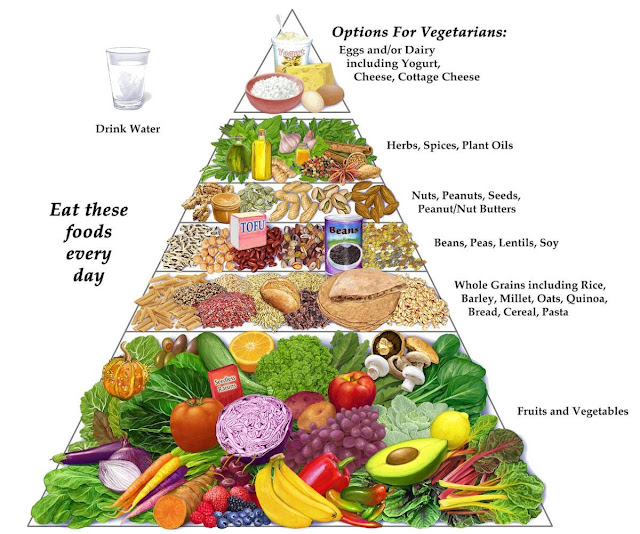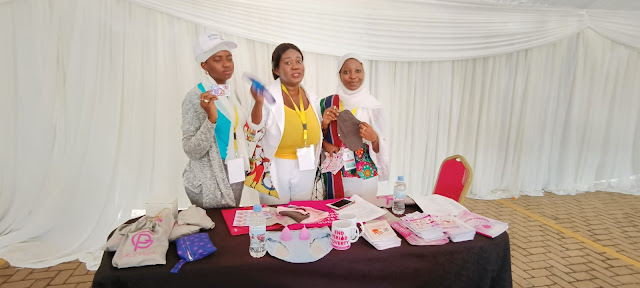Focus on consumerism brainstorm
What happens when you try to raise issues around consumerism and over-consumption and the sustainability of lifestyles?
A research made by Sofonie Dala
My view into this matter is 'grain is good red meat is bad'. "Grains, fruits, nuts, and vegetables constitute the diet for our sustainable lifestyles.
"The health food business Its purpose is to supply the people with food which will take the place of flesh meat, and also milk and butter which, on account of the diseases of cattle, are becoming more and more objectionable."
The New Nutrition Science implicates meat eating as not just harming people, but harming the planet, too!
I am dedicated to education, health care, and the development and mass production of plant-based foods, such as breakfast cereals, and soy milk. I also recommend to avoid coffee, tea and soft drinks containing caffeine.
My latest brand campaign - Milk4Children
In Angola many children continue to suffer from problems associated with malnutrition, lack of water, health, or protection. Malnutrition, a direct consequence of poverty, is a serious and troubling problem in Angola. Families can’t give their body as much food as it needs.
Millions of world population particularly in many developing countries are facing the problem of not enough food supply to fulfill their daily nutrition requirement. The pathological condition "Malnutrition" caused by deficiency of one or more nutrients has a multiple clinical manifestation. The most affected age group is children, who are suffering due to malnutrition and thus child health is an international issue and is considered as an important factor for monitoring the nutritional status and health of people in a region.
Our project in Angola deals with malnutrition of under-five children and mothers by assisting the most vulnerable women and youth to start up small agricultural businesses and particularly a workshop business for producing a protein-rich supplement from the extraction of leaves growing wild or cultivated. We started by extracting leaves from nettles but other projects have used alfalfa leaves or moringa. It can be done in any country to relieve malnutrition and begin to create income.
The problem we are trying to solve
Malnutrition is the 7 disease that kills the most in Angola and it is estimated that 46 children die of malnutrition every day in the country. Southern and central Angola are facing one of the worst climate shocks in recent years, including alternating droughts and floods. Vulnerable populations use untreated wastewater for consumption, such as stagnant and unprotected pond water, where animals drink and defecate, and rural populations seek water that is dangerous to drink, cook and feed their animals.
Moreover, droughts, limited access to safe drinking water, and increased food insecurity also have a significant impact on the health and nutrition of the population, especially for children under 5.
The increase in malnutrition arising due to the coronavirus pandemic is expected to cause nearly 170,000 additional child deaths in the next two years.
Please, read that again, and understand that we are in the middle of a crisis within a crisis.
Solutions
Malnutrition is one of the main causes of child death in Angola. Furthermore, children, with weaker bodies and health, are more vulnerable and suffer seriously from hunger.
Therefore, the objective of this campaign is to distribute soybean flour and soybean milk as a protein quality diet to improve nutritional status of malnourished children.
• RECOMMENDATIONS
To improve the nutritional status of malnourished under five children further intervention is needed in terms of education and training on soybean-based diet formulation.
• FUTURE RESEARCH
More research should be done to increase the data base on soybean research in Angola and contribute to further development of improved products to combat malnutrition.
Source:
https://tff-zero-hunger-angola.blogspot.com/2021/06/we-are-happy-to-launch-our-new-campaign.html
Living in the world's most expensive city
The economy of Angola remains heavily influenced by the effects of four decades of conflict in the last part of the 20th Century, the war for independence from Portugal (1961–75) and the subsequent civil war (1975–2002). When you think of the world's most expensive cities, the dusty Angolan capital of Luanda seems an unlikely contender.
But despite the obvious poverty and sprawling slums, Luanda still manages to boast some eye-wateringly high prices.
A house can be $10,000 (£6,500) a month to rent, a basic meal out for two is easily $50, a hotel room can weigh in at $400 a night and a kilo of imported tomatoes a staggering $16.
A basic saloon car without a driver (which foreigners need to negotiate the difficult traffic and parking) will be $90 a day, but upgrade to a SUV (recommended due to the poor quality roads) and you're looking at $200.
What happens when you try to raise issues around consumerism and over-consumption and the sustainability of lifestyles?
1. What level of awareness do you currently see on the issue - is there a public discussion about the need for more sustainable lifestyles ?
2. Are there particular sectors or products that are seen as problematic - and that have caused debate?
3. What examples are there of campaigns already addressing consumerism where you live?
4. What sort of messages work with people to raise this issue and make them think again?
5. Is it seen as a problem mainly of the Global North - or of communities in the Global South too?


Comments
Post a Comment